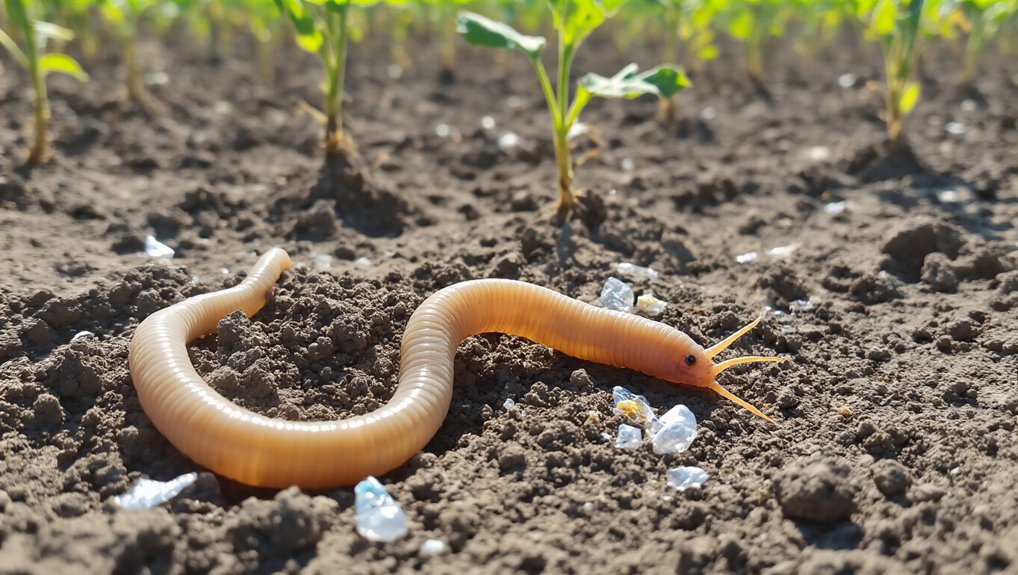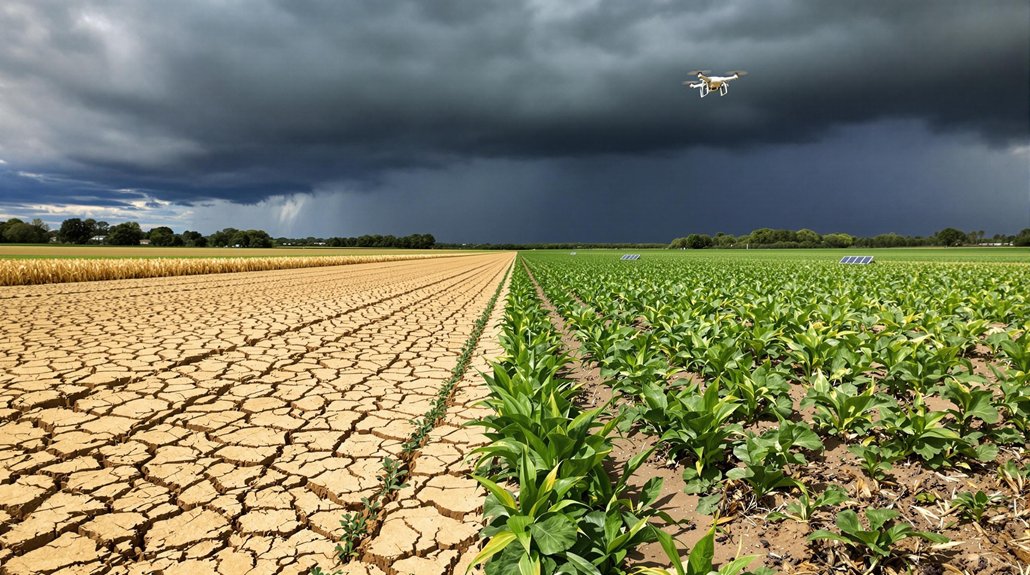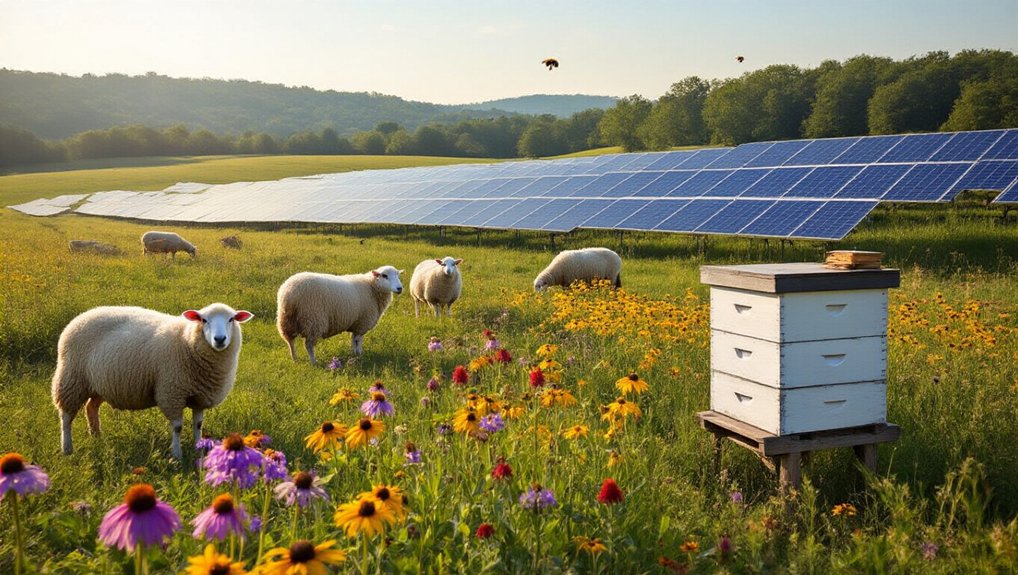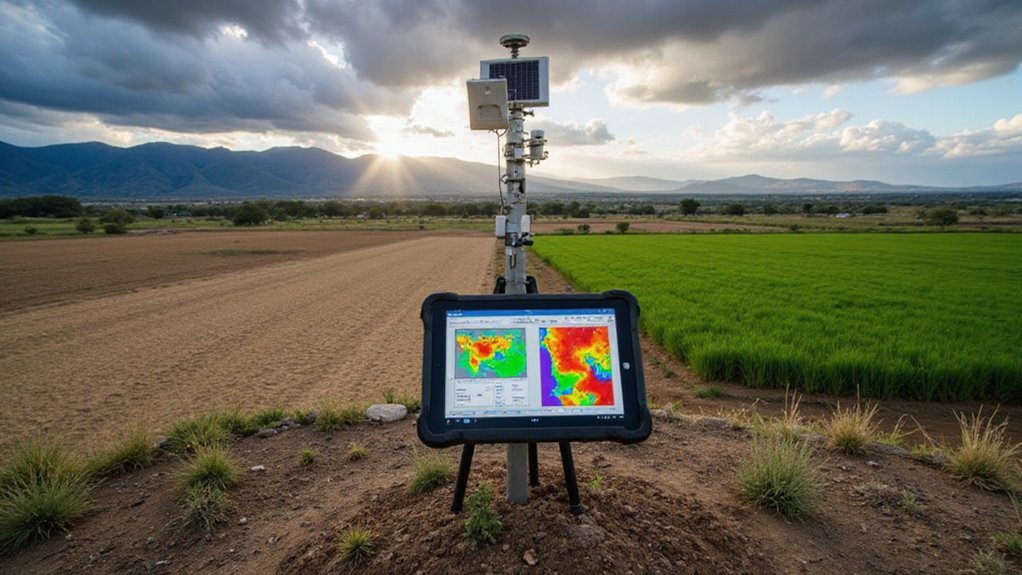Survival isn’t glamorous when you’re a worm. But these slimy soil dwellers might be more important than anyone realizes. They’re dying off at alarming rates, and humanity’s dinner plate hangs in the balance.
The numbers paint a grim picture. Earthworm populations are plummeting by 2.1% annually. In the UK alone, their numbers have crashed by up to 41% in just 25 years. Globally? About a third of all earthworms have vanished over the past century. That’s not just bad news for robins and thrushes. It’s catastrophic for everyone who eats food.
Here’s the thing about earthworms: they’re nature’s original farmers. These writhing tubes of muscle break down organic matter, pump out nutrients, and keep soil healthy. Their vermicompost can boost plant growth by up to 30%, making them essential partners in agriculture. Without them, crops struggle. Soil turns to dust. Farm yields collapse. If earthworms were a country, they’d be the world’s fourth-largest food producer. They contribute 140 million tonnes to the global food chain annually. Not bad for creatures most people step on without thinking.
Earthworms: nature’s original farmers, producing 140 million tonnes of food annually.
Modern agriculture is killing them softly. Pesticides poison them. Chemical fertilizers burn them. Plowing destroys their homes. Organic farms see earthworm populations flourish, while conventional operations watch them disappear. It’s almost like nature knows something industrial agriculture doesn’t.
The newest threat? Microplastics. Scientists are finding plastic particles inside earthworms in farm soils everywhere. These contaminated worms can’t reproduce properly. They die younger. The plastics mess with soil microbes, creating a toxic cascade that works its way up the food chain. Congratulations, humans. Even the dirt is full of plastic now.
When earthworms vanish, entire ecosystems unravel. Birds lose their primary food source. Mammals starve. Decomposition slows to a crawl. The intricate web of life underground—the foundation for everything above it—simply falls apart. Their underground tunneling serves as carbon sequestration, helping fight climate change in ways most people never consider.
Scientists call this a conservation crisis. Economists should call it a countdown to disaster. The global food supply could drop to dangerously low levels without earthworms. Yet monitoring programs remain scarce, policies non-existent. Apparently, worms aren’t sexy enough for urgent action.
The apocalypse won’t arrive with fanfare. It’ll come through empty soil, silent and devastating.
References
- https://www.theecoexperts.co.uk/news/earthworm-decline-risks-environment
- https://www.envirotech-online.com/news/soil-testing/95/international-environmental-technology/uk-loses-more-than-a-third-of-its-earthworms-in-25-years/63533
- https://time.com/archive/6775581/science-the-vanishing-earthworm/
- https://www.greenmatters.com/news/earthworm-decline
- https://www.sustainability-times.com/research/earth-is-being-poisoned-from-below-microplastics-found-in-earthworms-threaten-crops-food-chains-and-human-survival/









